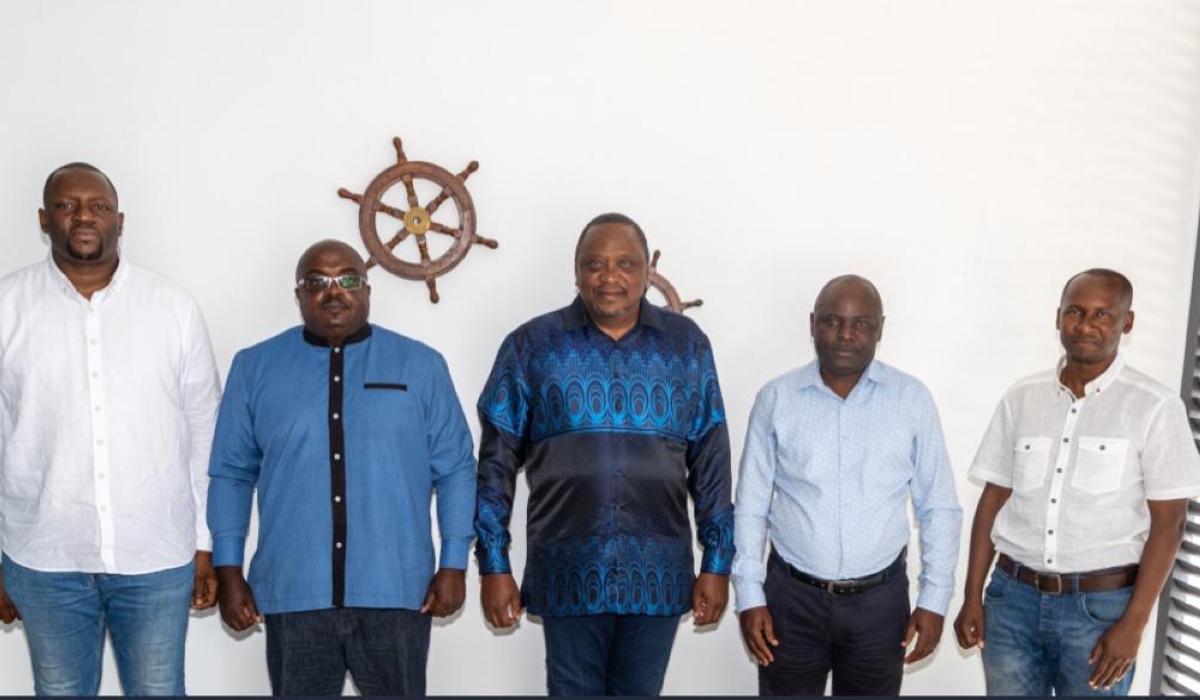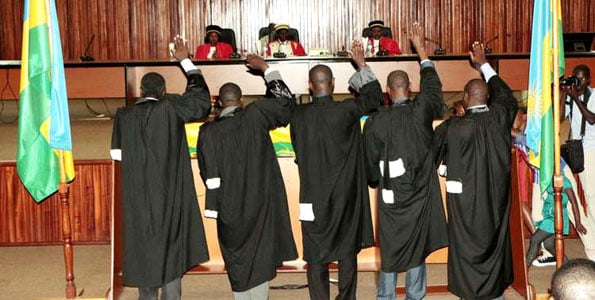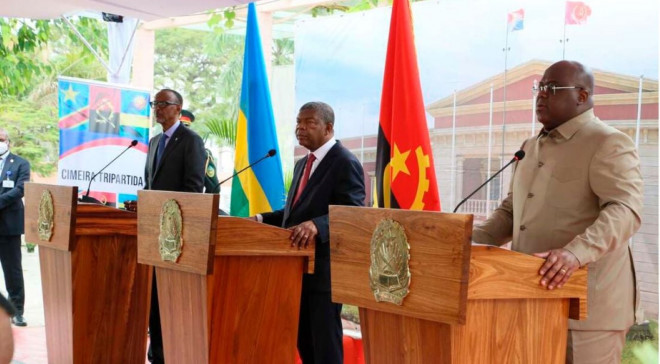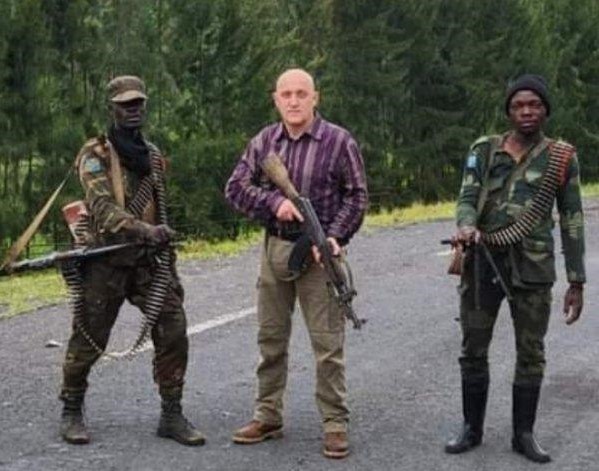Regional
Can Patrice Lumumba's ghost save DRC?
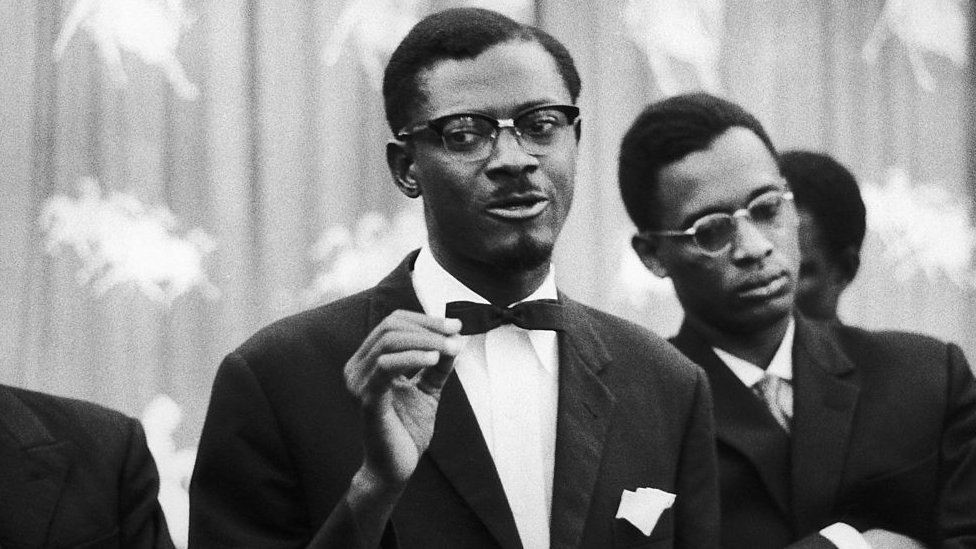
This month, Pan-Africanists across the globe commemorated
Patrice Émery Lumumba, Congolese politician and independence leader. Lumumba
was an icon of the liberation struggle against colonialism in Africa.
He served as the first Prime Minister of the
Democratic Republic of the Congo, after the elections held in May 1960.
Not long after, precisely on January 17, 1961,
Lumumba and two friends, Joseph Okito and Maurice Mpolo, were executed by a
firing squad under the orders of Belgian officers. Their bodies were
cut into pieces and dissolved in acid. Their executors feared that if they left
their bodies to be buried, their graves would become heroic monuments.
The
Belgian police commissioner, Gerard Soete, who oversaw and participated in the
destruction of Lumumba’s remains and those of his colleagues, later admitted taking
to Belgium Lumumba’s artificial golden tooth that could not be dissolved in
acid.
Although,
for decades, colonial officials took remains to their countries as macabre
mementoes, taking Lumumba’s tooth served as a final humiliation of an African
who was considered an enemy to Belgium for sabotaging their interest.
With
no shame, Belgian police Commissioner Gerard Soete in a documentary screened on
German TV, in 2000, showed two teeth that he said belonged to Lumumba. Soete
bragged that he took them as a “hunting trophy."
Only
one tooth was returned to DRC, in June 2022, after a lengthy court battle
between Lumumba’s family and the Belgian government. The DRC observed a three day national mourning before Lumumba’s tooth was buried in state honors.
Only one tooth Lumumba was returned home
Why was
Lumumba assassinated?
Lumumba advocated for a united Congo and against
ethnic and regional divisions. By
fighting colonialism and the divide and rule policy of the Belgians, he became
an enemy who had to be eliminated.
He supported pan-Africanism and
the liberation of colonial territories. He proclaimed his regime as one of
“positive neutralism,” which he defined as a return to African values and
rejection of any imported ideology.
In
the context of the Cold War, the Soviet Union’s support for
Lumumba appeared at the time as a threat to Western countries, especially the
US. His assassination, therefore, was good news to both Belgium and America.
Failure of Congolese leadership after
Lumumba
For
more than 60 years after his assassination, the name Lumumba is still popular
in many African countries because of the Pan-Africanist values that he stood
for.
After
his death, the line of leaders that followed, from Mobutu Sese Seko, to Desire Kabila,
Joseph Kabila and currently, Félix Tshisekedi, the DRC – formerly Zaïre – has
had a serious failure of leadership. Today, the country is considered as a
failed state.
Pan-Africanists
believed that if Lumumba had lived for more years after DRC’s independence, the
country would have been a beacon of Africa.
Lumumba
supported the unity of all Congolese ethnic groups. He advocated for control of
the country's natural resources rather than letting foreign countries manage
them.
Unlike
Lumumba who advocated for unity for all Congolese people, Tshisekedi has
refused to recognize that his country has a community that speaks Kinyarwanda
which has legitimate rights to live in their country like other Congolese
communities.
By
scapegoating the M23 rebellion, Tshisekedi is burying his head in the sand and
negating the history of his own country. Instead of finding solutions to the crisis
in the east, Tshisekedi resorted to escalating the crisis by arming terror
groups like the genocidal FDLR militia from Rwanda, Mai-Mai groups, and hired
Russian and French mercenaries.
Despite
having the potential of being the richest country in the world in terms of
mineral resources, DRC remains poor. It is ranked 179 out of 191 countries and
territories worldwide on the 2021 Human Development Index. In 2018, over
70% Congolese, about 60 million people, lived on less than $1.90 a day. The
untapped mineral deposits of DRC are estimated to be worth in excess of $24
trillion.
Lumumba
envisaged not only a united Congo but a united Africa. If he was still alive today, many Congolese
believe that there would be no security crisis in the east, and DRC would probably
be in the ranks of developed countries.
As
Pan-Africanists commemorate Lumumba as a hero, some wonder if his ghost can
return favors to save his poorly led country.



